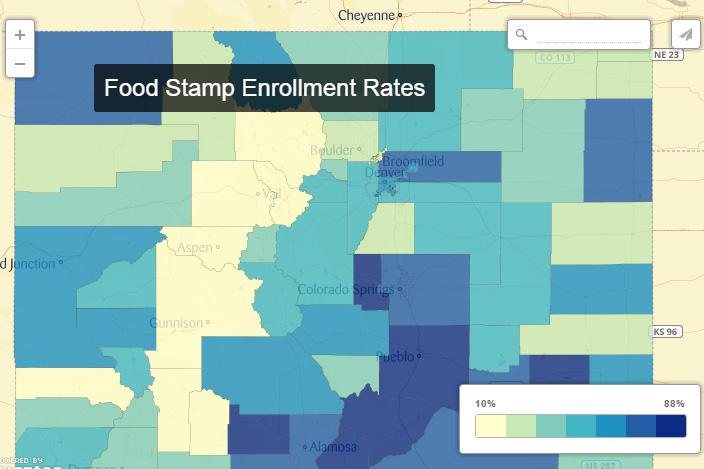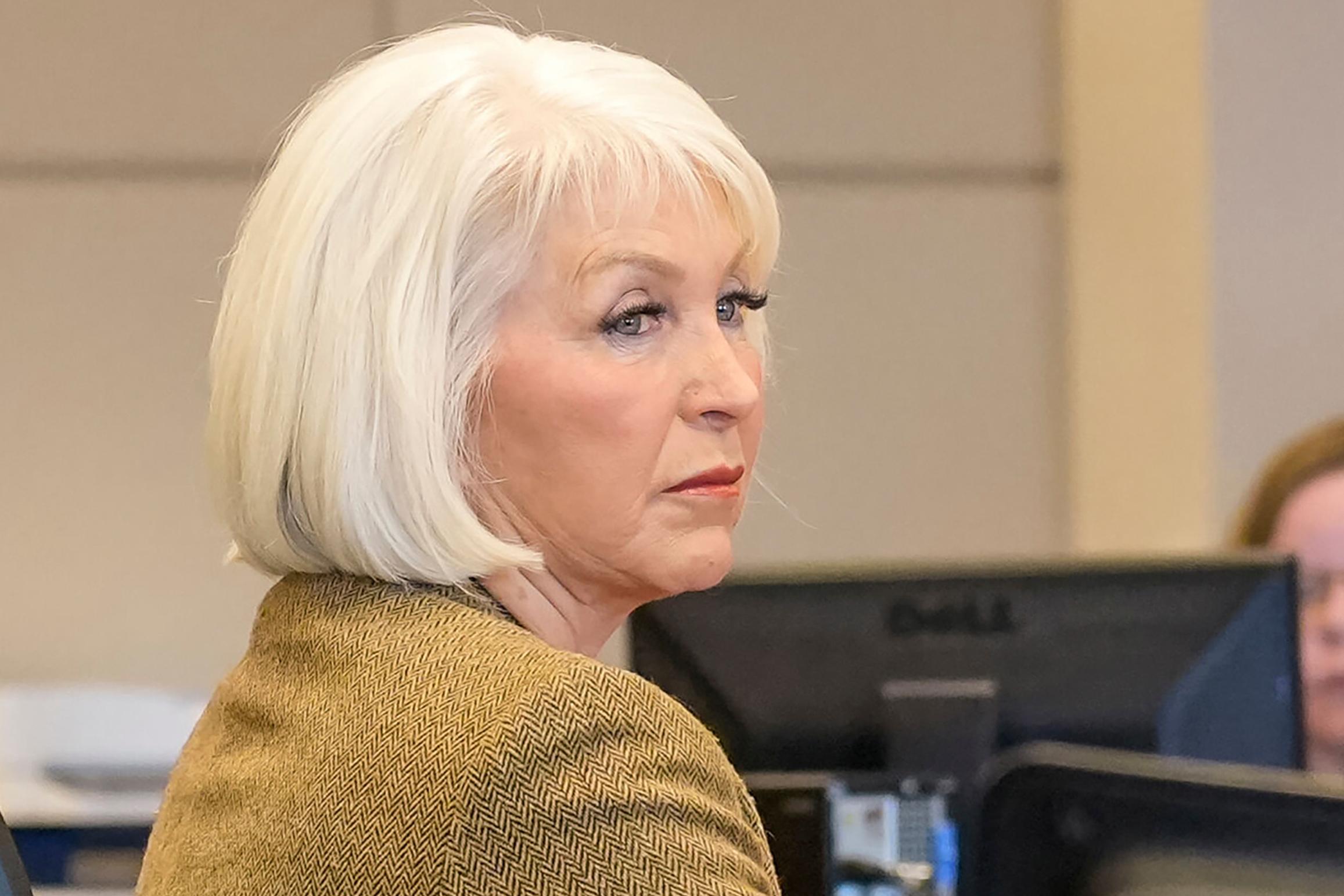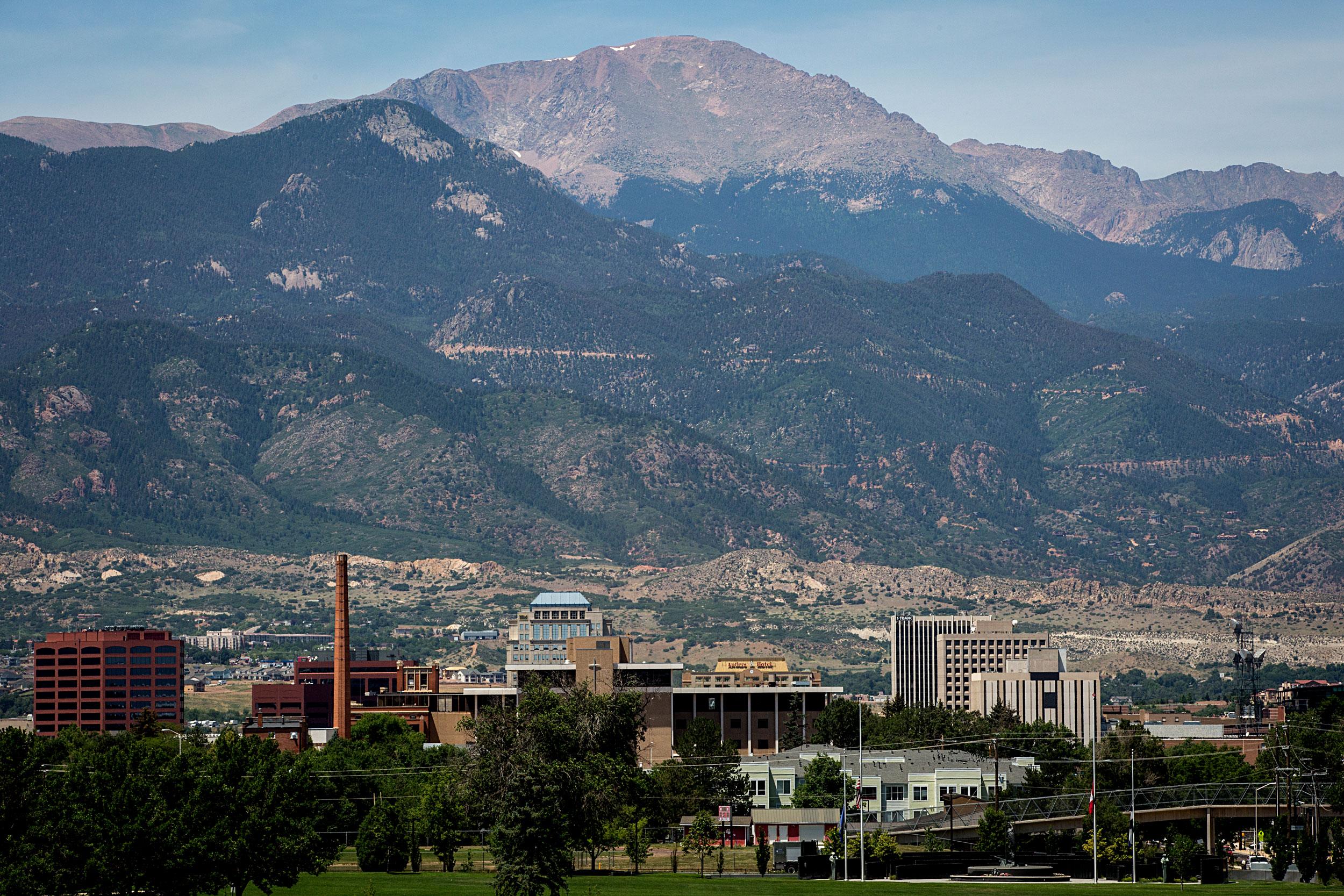
Colorado is having a hard time making sure needy residents who qualify for food stamps actually receive the much-needed benefit, new data shows.
Hunger Free Colorado says the state is ranked 46th in the nation for access to food stamps. The state's 2013 enrollment rate was just 57 percent. The national average was 75 percent.
Hunger Free Colorado's release breaks down enrollment by county, which shows that some well-to-do mountain counties have the lowest enrollment rates. In contrast, poorer counties in the San Luis Valley and southeastern Colorado have some of the highest enrollment numbers.
That means thousands of Coloradans are needlessly going hungry, said Kathy Underhill, executive director Hunger Free Colorado.
"Food stamps really is the federal nutrition safety net. Unfortunately in Colorado, we have a long history of significantly underperforming. And we need for that to change," Underhill said.
About one in seven Coloradans struggle with food security, she added. To be eligible, a family of four can make no more than $2,628 a month -- and must qualify under other requirements set by the U.S. Department of Agriculture.
In Colorado, the state supervises food stamps but many details are left to the counties. That can lead to inconsistent practices, Underhill said.
"A lot of it is the experience when you walk in to a county office. What's that experience like? Is it streamlined? Is it friendly? In many places, the answer is a resounding yes. ... In some counties, that's less true," she said.
Under-enrollment has a detrimental effect on the state's economy, Underhill said. The report says if enrollment were 100 percent, about $686 million more a year would be spent the state's grocery stores.
Colorado's enrollment figures have improved for more than a decade. In 2004, only 36 percent of eligible residents received food stamp benefits, the report says. But Underhill said the rate is not rising fast enough.
"When you look at the pool of folks that are eligible, the improvement is not that significant percentage-wise," she said.
A spokesman for the Colorado Department of Human Services, which administers the federal food stamp program, told the Denver Post the agency was "committed to continuous improvement on food assistance measures."
Underhill said an increase in political will could go a long way toward improvement.
"It has to get better," she said. "It's unfair, it's unjust, and it absolutely has to get better."








